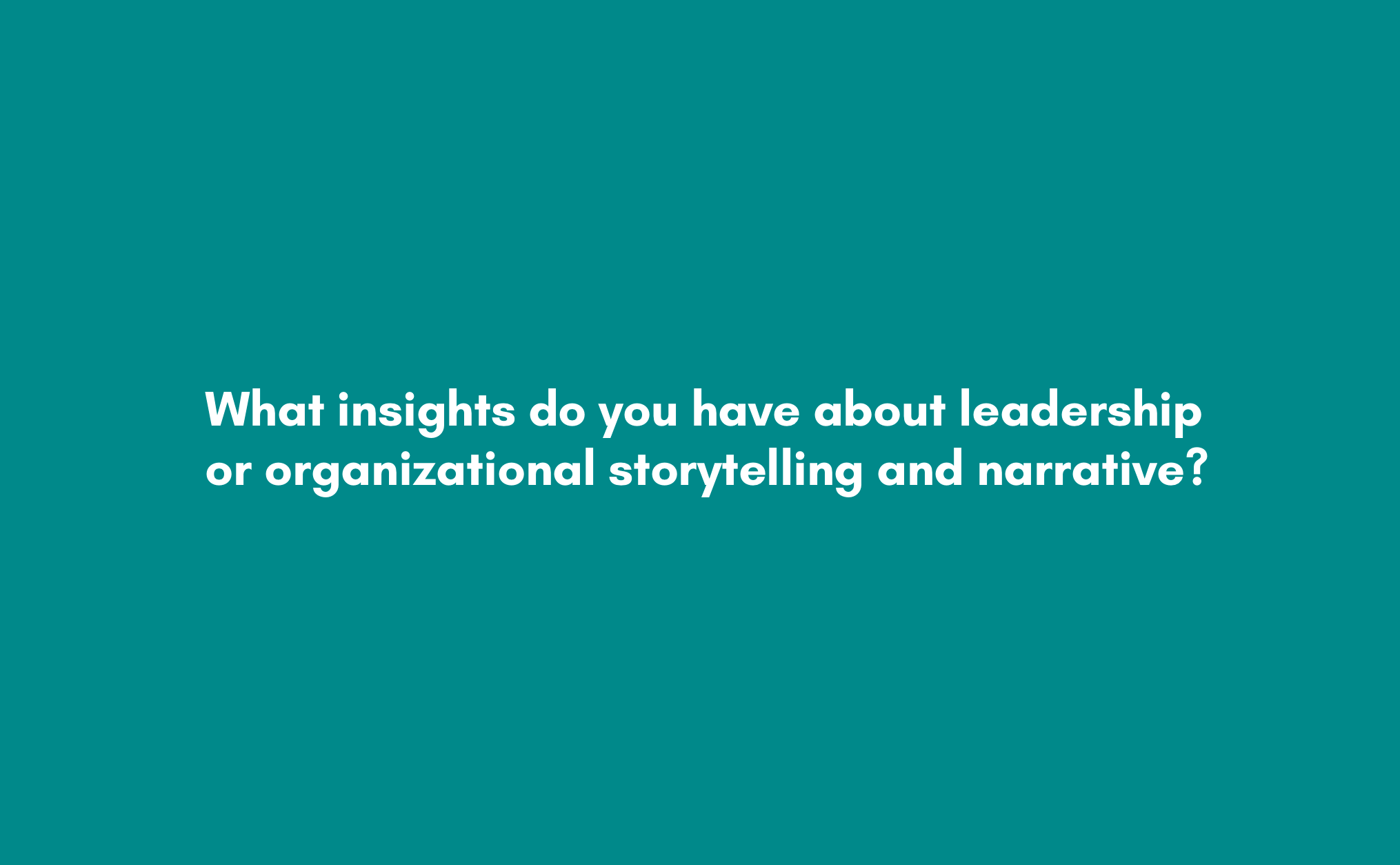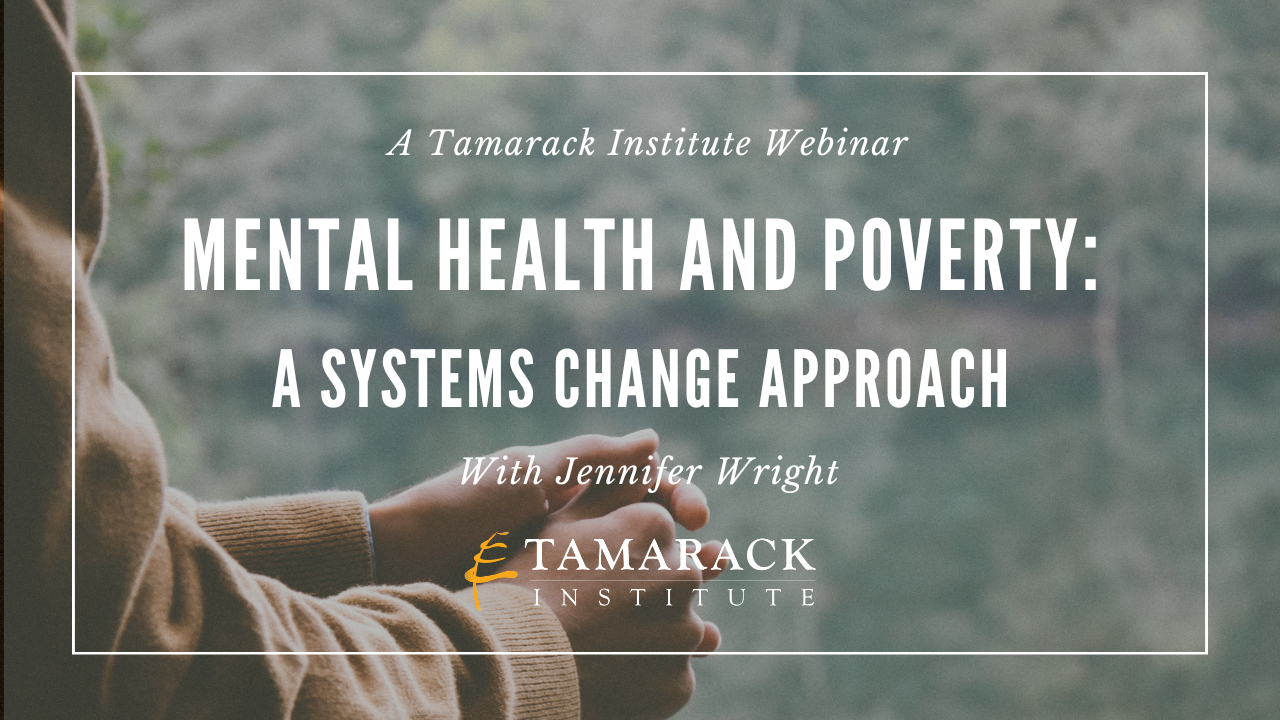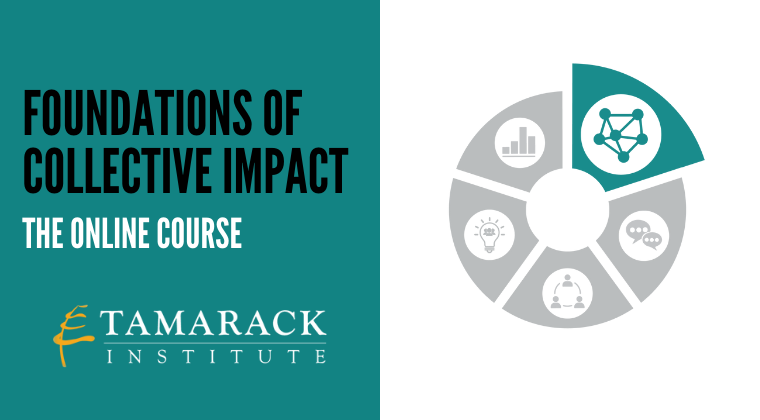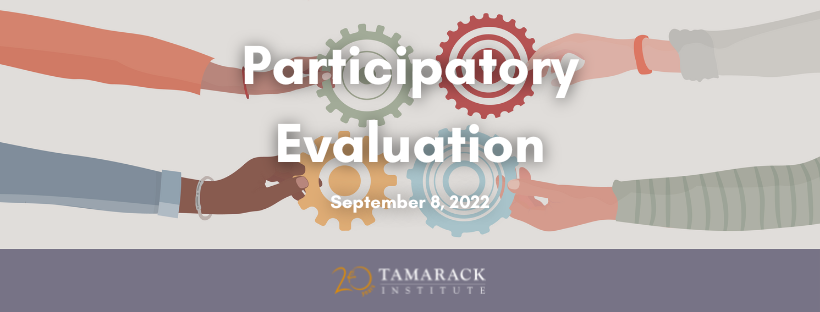In this webinar, Jay Robb and Liz Weaver discuss what business books, and their own experience, have to say about community and collaborative leadership.
Jay Robb has spent the last 20 years reviewing books about leadership, collaboration and innovation for The Hamilton Spectator. His insights are practical and engaging. As the Manager of Communications for the Faculty of Science at McMaster University, he uses this wisdom to engage broadly across the campus and with key community stakeholders. In addition, Jay developed and launch a communications bootcamp for non-profit leaders, helping them to better articulate their leadership and community change stories. He currently offers free media training to local non-profit leaders as a commitment to community.
Take Your Learning Further:
- Read some of Jay's leadership book suggestions:
- Love is Just Damn Good Business, by Steve Farber
- Nine Lies About Work, by Marcus Buckingham and Ashley Goodall
- The Coaching Habit, by Michale Stanier
- Learn more about McMaster University's Office of Community Engagement
- Learn more about the Media Relations Summer Camp, and view Jay's past presentations
- Join Liz for a workshop designed to build trust in your collaborative initiative, coming to Waterloo October 17 and Hamilton December 6
Jay also wanted to share McMaster's Community Engagement Principles:
1. Respectful relationships: We can't have community without relationships - these are the connections that build community. Any successful partnership must be built on trust and respectful relationships guided by integrity.
2. Reciprocity: From design to participation to the outcome of a project, we strive to work together for mutual benefit. Striving for reciprocity within your partnerships entails respecting that all partners bring valuable knowledge, skills, experiences, and resources to any partnership.
3. Equity: We are conscious of the historical and structural inequities that exist in society and strive to provide access and opportunities to all residents and members of our communities. equity entails striving to reduce barriers of participation as much as possible.
4. Continuity: Acknowledging that different communities work on different timelines and schedules, we strive to consider both the short and long-term implications of our work.
5. Openness to Learning: Change takes time. We are committed to continually learn from and evaluate our work, reflecting on and sharing both our successes and failures to grow as individuals, partners and communities.
6. Commitment to Act: We aspire to make a positive difference in our community by sharing and acting on our knowledge to contribute to the greater social good.









.png)

.png?width=820&name=2020%20Free%20Community%20Building%20Webinars%20820%20FB%20(1).png)





.png?width=820&name=MicrosoftTeams-image%20(9).png)



